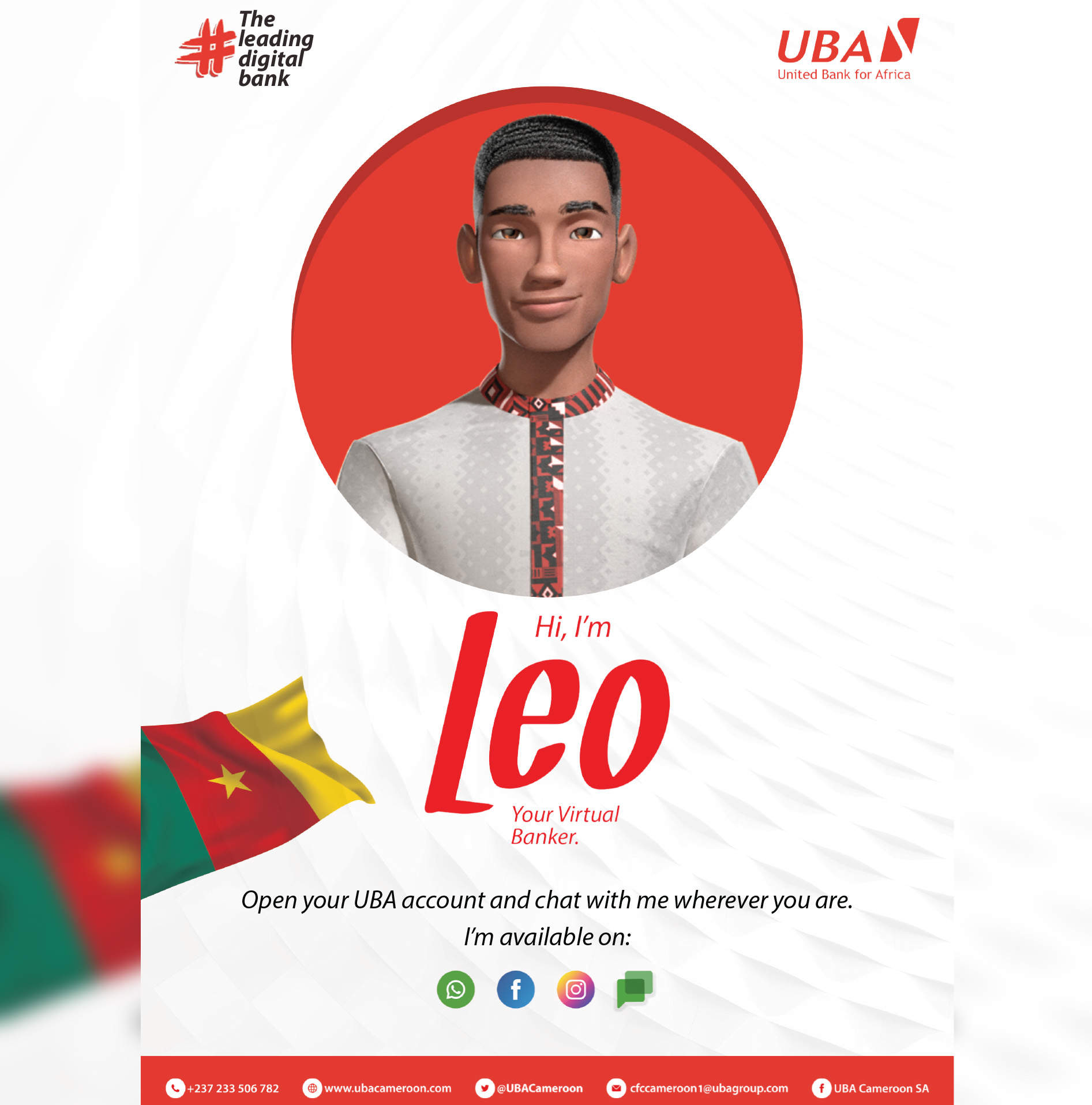Mr Kehinde Ibiteye, said he risked his life to deliver N2.5 million ransom to kidnappers of his brother-in-law, Mr Kayode Ajayi, and his son, Olawale, in a forest in Bwari area of the FCT.
Ibiteye made this known while giving a special thanksgiving to God for his safe return, on Sunday during a service at the Word of Life Area of the Redeemed Christian Church of God (RCCG) in Kubwa, Abuja.
The News Agency of Nigeria (NAN), however, scheduled an interview session with him after the service.
The RCCG member, while narrating his experience, said his aunt’s husband, together with his son, were kidnapped at Ungwan-Fulani, a suburb in Bwari where they live at the wee hour of Aug. 23.
“I got a phone call from a member of my family that my aunt’s husband and his 19-year-old son have been kidnapped.
“They were kidnapped, not on the road, but right in their house. The gunmen, numbering about 25, broke into the house and took them away.
“They first broke into a neighbour’s residence but nobody was seen in the house.
“When they couldn’t find anyone, they went to my aunt’s house, forcefully made their way into the house, collected monies to the tune of N20,000, two android phones, took along with them food items and abducted the father and son.
“I immediately called his wife who cried as she confirmed the ugly experience.
“They were kidnapped last week Monday between the hours of 12am and 1am,” he narrated.
Ibiteye said her aunt informed that the police in the area came few minutes after the abduction but to no avail.
“And since I speak Hausa fluently and no other person could communicate in the language, I engaged their abductors in telephone conversations through my aunt’s mobile phone which they called with.
“At first, they placed N15 million bounty on their heads if we want them released,” he said.
He said after he negotiated further, they lowered the ransom to N2.5 million.
According to him, the police did little or nothing to get the victims rescued.
“The police only called to warn that we shouldn’t take money to the terrorists; we shouldn’t be the one to be in charge.
“Generally, they have lackadaisical approach to the whole thing; they weren’t forthcoming. I didn’t even take them seriously,” he said.
He said after the money was raised, their abductors instructed that the money should be taken to a hilly forest after a village called Kuchikwo in Bwari.
Ibiteye lamented that the biggest challenge for the family was, however, who to take the money to the kidnappers
“I finally resolved to take the N2.5 million to them in the forest. I took a risk giving that my blood relatives were involved.
“I decided not to inform my wife and children about my resolution.
“The only thing I did was to pray to God. I told God to protect me, guide me and see me through the adventure.
“I also told God that as I go to the forest, I would come back with my aunt’s husband and his son unhurt.
“I developed a strong faith, believing that God would not disappoint me
“And when I was conversing with the abductors, I tried to build their confidence on the fact that the money we agreed on finally would definitely get to them so long they could guarantee the safety of the captives,.
“At times if I talked with them, I would be hearing how my in-law and his son were being tortured.” he said.
According to him, the kidnappers warned us against inviting the police.
“They warned that if we informed the police, they would know and we would pay dearly for it,” Ibiteye said.
He said the captors gave him instructions at intervals.
“I was told to get an Okada rider (a commercial motorcyclist) who is well familiar with the environment to convey me to their enclave.
“I picked an okada randomly at about 3p.m. on Wednesday.
“Although he initially declined to go on the journey, after so much pressure from people who know him, he agreed to convey me to the forest.
“He said he would collect N10, 000 as transport fare.
“When I spoke with the captors, they ordered me to give the phone to the bike man and they directed us to leave for the forest around 5pm.
“We travelled for about one and half hours before getting to a marketplace where we were directed to pull up.
“At this time, it was getting dark and cloudy. They did this to allow the night fall before getting to their area.
“After a while, they directed us to continue the journey.
“At about 8pm that day, we got to the hinterland of the forest, surrounded by hills and mountains.
“The forest is two villages after Kuchikwo, and throughout our journey from there, it was raining heavily,” he said.
Ibiteye said a man, hanging AK-47 on his shoulder, came out from their camp, flashed light at them and ordered him to place the money on the rocky ground.
“He asked if the money was complete and I responded in affirmation.
“We were then told to go back to the marketplace at the village where we had a stopover on our way going to the forest.
“They said there, my in-law would reunite with us,” he said.
Ibiteye, who said it was at the market area the abductees came out from a bush, said the four of them rode on the motorcycle back home.
“Though the market was not operating at the time, I became curious if anybody passes by, until I saw my in-law and his son coming out from a nearby bush,” he said.
He said immediately they got to Bwari, his in-law and his son were taken to hospital because of the wounds sustained from the torture and various inhuman treatments subjected to while in captivity.
Ibiteye said based on the victims’ account, the kidnappers had various sophisticated weapons in their camp.
“They also observed that those guys (abductors) were working as syndicate because they conversed with some other people either within or outside Abuja on the phone.
“Besides, my in-law told me that when the police team came around the day they were kidnapped shooting sporadically in the air, all of them together with their captors were still within the surroundings.
“It was after the police team left that they began to embark on the journey to the forest,” he said.
Ibiteye described his experience as “horrible and risky.”
The RCCG member, who hinted that the incident was the third kidnap case in the area, called on the Federal Government to intervene.
“I believe the government is aware about the operations of these criminals and they should be sincere in fulfilling their mandate of ensuring safety of lives and property of citizenry,” he urged.
However, when NAN sought the confirmation of the incident in a phone call put across to the Police Public Relations Officer, FCT Command, Mariam Yusuf on Monday, she requested for a text message after listening to the subject matter.
However, she neither responded to the text message sent to her phone nor answered subsequent calls put across to her as at the time of filing the report.



 diplomacy4 semaines ago
diplomacy4 semaines ago
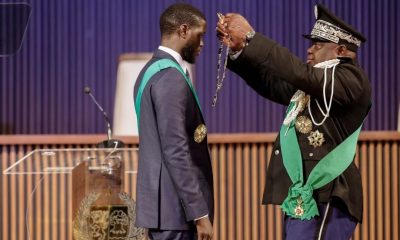

 News3 semaines ago
News3 semaines ago
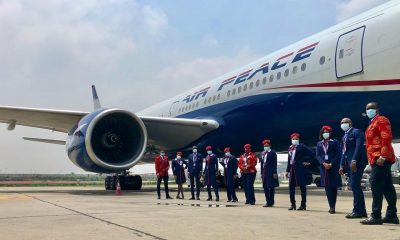

 News3 semaines ago
News3 semaines ago
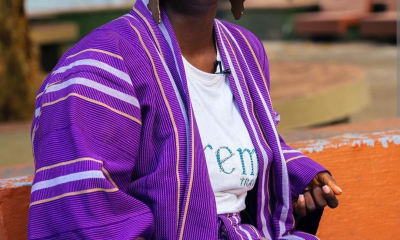

 News2 semaines ago
News2 semaines ago
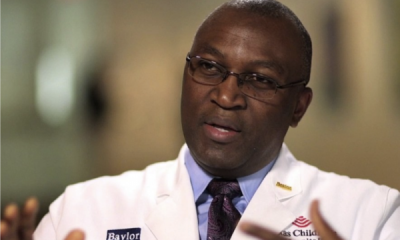

 Features2 semaines ago
Features2 semaines ago


 Entertainment5 jours ago
Entertainment5 jours ago





